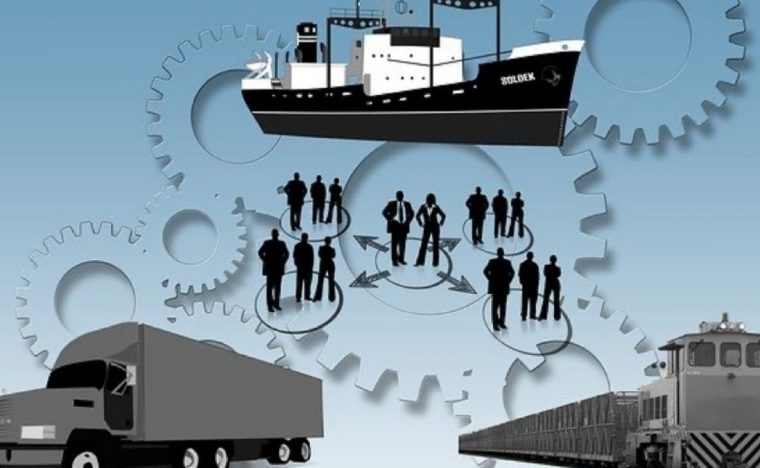When it comes to logistics, transparency and traceability are crucial. Blockchain is one of the latest buzz words in the world of supply chain, and it’s a word that has become synonymous with both transparency and traceability.
But what does blockchain mean and what’s it all about? Keep on reading to learn find out!
Blockchain Supply Chain – 3PL Warehousing
Blockchain Defined
In supply chain, the term blockchain refers to a list of records (blocks) that are connected to digital currency, such as cryptocurrency. Essentially, a blockchain is a digital ledger that serves as a central space where all documents related to the shipment of goods can be stored. This information can be easily accessed and inspected by users, and new information can be added to it; however, once information is added to the blockchain, it cannot be changed or deleted. This ensures the complete security of the data within the digital ledger.
Supply Chain
Blockchain technology is used to improve the visibility of tracking shipments. It can be used to keep better tabs on all products; however, it is particularly useful for drugs and food. That’s because the guidelines for tracking drugs and food are becoming increasingly stringent. Furthermore, a lot of businesses are making use of blockchain technology as a way to reduce costs.
The Benefits of Blockchain
The use of blockchain offers many benefits, some of the most notable of which include:
- Greater transparency. With blockchain technology, the complete lifecycle of a product can be tracked, from where it originated from to where it is delivered. Greater transparency allows for greater trust within the supply chain.
- Better scalability. Anyone can access the data in the blockchain and add to it, no matter where they are located, allowing businesses to become truly global.
- Improved security. Since the data cannot be altered or deleted, all information held in the blockchain is completely secure.
Why we need it Blockchain Supply Chain?
Transactions take place every second — orders, payments, account tracking. Often, each participant has his own ledger — and, thus, his own version of the truth. Having multiple ledgers is a recipe for error, fraud and inefficiencies. The goal is to see a transaction end-to-end and reduce those vulnerabilities.
Where do we see Blockchain Technology Use Cases in future Supply Chain Management?
Creating consistent traceability of goods will remain a major objective for future supply chains. To achieve transparent and reliable documentation of all transactions, end-to-end communication in supply chains must be taken to a new level of maturity. In reality, most networks already fail at the creation of communication or data exchange between the members as well as on legal questions about data sovereignty.
Ship Fortress LLC
Ship Fortress understands every business has its own specific requirements. We customize and create solutions to meet each business unique needs. We truly do provide our clients with
- cost effective
- flexible
- high quality logistics solutions
We are committed to the success of our clients and provide multiple layers of client support services. As a seamless extension of our clients’ business we have a passion for exceptional service. We are committed to the success of our clients and our experience and expertise allows us to provide multiple layers of client support services to propel businesses forward. Contact us for a FREE Quote.





